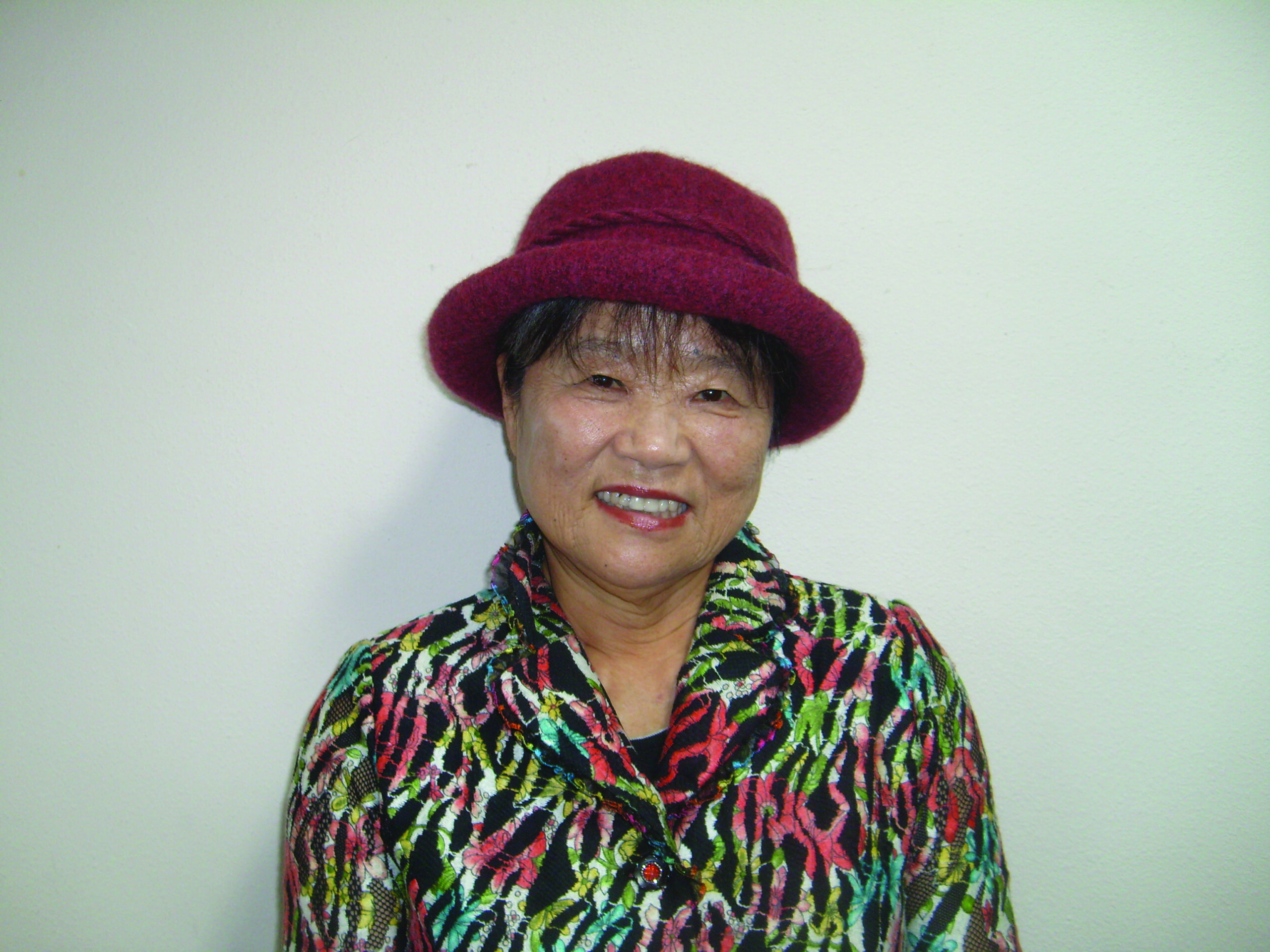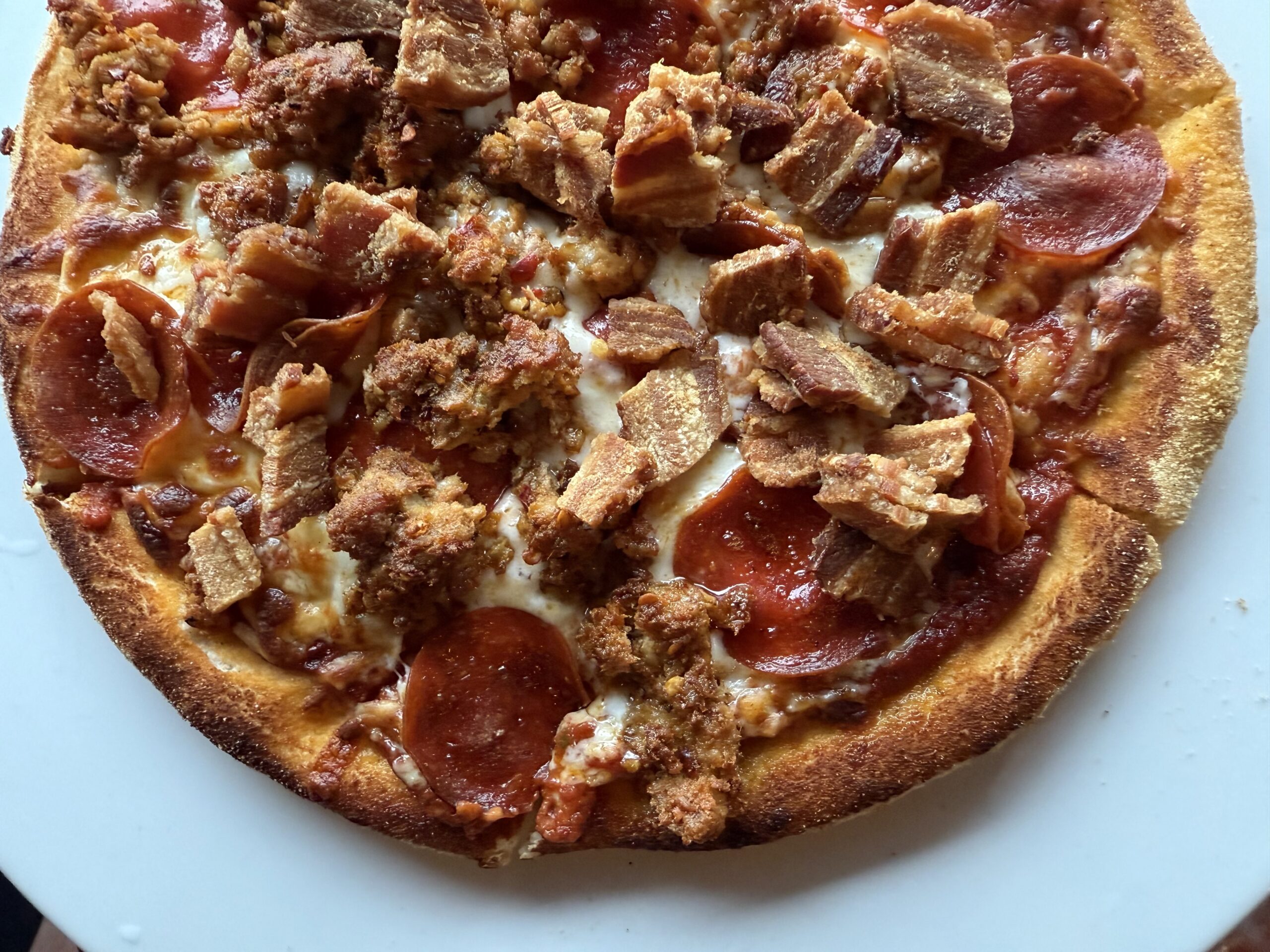BY ANGELA JOSSY for Weekly Volcano
When it comes to growth, the local nonprofit organization KWA (Korean Women’s Association) has a story that is a masterclass on the topic. The woman who spearheaded this is an extremely inspirational person: Sulja Warnick.
In my recent interview with her, she explained how a social club of women from Korea went from a plan to help Korean women learn to adjust to American life to helping all kinds of people throughout Pierce County.
When she turned the social group into a 501(c)(3), their mission expanded to helping domestic violence victims and senior citizens of all races. In the process, they built a huge nonprofit organization with millions in real estate holdings, hundreds of employees, and have helped thousands of people over the years. This is the story of the growth of a good idea.
Sulja moved to the United States in 1977, bringing with her a college education (degrees in English Literature and Library Science), experience as a teacher and a deep love for books. She was passionate about reading, a love that shaped her early life and influenced her new life in the U.S. She had grown up in a family that owned a bookstore, a haven where she found solace in Western literature. She said she found the stories of American men romantic, and this probably led to her decision to marry Fred Warnick, an ex-pat architect who was living in Korea at the time.
Sulja came to America as a young married mother of two after her mother passed away. However, her arrival in Tacoma was nothing like she had imagined. After living in Korea, where she had enjoyed a relatively luxurious life, Sulja was thrown into a difficult culture shock. Her expectations were shattered when she was placed in a modest hotel room instead of living with the local family of her husband, as she had anticipated. The initial months were filled with profound depression, as everything felt alien and disconnected from what she had known. The children—one aged five, the other two—were just as affected by the transition. But Sulja is not a person who just lets life happen to her. Right away, she joined a social group for other Korean women and found a teaching job while her husband found his footing on architectural projects locally. Soon after joining the social club, she started leading the charge to improve the lives of her fellow Korean women.
“I had that very, very, very difficult culture shock,” she explained. “I was very depressed, and I had pretty bad depression when I first came here because everything was out of my expectation. What I expected was not there. We (the Korean women) got together for dinners… after dinner, we were singing Korean songs and crying over each other’s problems. That was the beginning. More people came. A big number came in the late ‘70s and ‘80s.”
“We had a one-bedroom apartment there on Steilacoom Boulevard that we paid maybe eighty dollars a month for that we used as our office. Every time they needed an English translation, I had to go there.” After she finished her teaching job for the day, she would go to this office to help out
“GIs married Korean women, but when they came here, they didn’t know how to drive, how to even take a kid to the doctor, or even how to use the washing machine and dishwasher. These washing machines and dishwashers, Korean women at that time had never seen these in their life!”
In 1979, Sulja was named the social club president. One of the first things she did was start a free library with books in the Korean language.
“A lot of Korean women don’t know how to read English books. Where do they go to get information about anything? So I said, we have to educate these women by having a library. I wrote a letter to one of the biggest newspapers in Korea. I explained all these troubles here and said, ‘Please send some books.’ They sent us three thousand books!” Her oldest brother in Korea sent books from the family bookstore, as did a few others Sulja contacted. Altogether they collected over four thousand books!
With her background in library science, she oversaw the creation of a cataloging system. Koreans from all over the state would come to find these books. “On opening day, I cried so much, you know, so emotional.” Sulja recalled one touching story about Koreans from all the way in Yakima who came to the library and brought boxes of Yakima cherries as a thank-you. She said, “We didn’t charge for it, so they brought all this fruit!”
They also started teaching classes like how to drive, English as a second language, and resume writing. She said, “We were trying to help with everything we can.”
In 1980, the group became a nonprofit organization, Korean Women’s Association (KWA for short), and started applying for grants to expand their services. When they outgrew their office, they decided to pool their resources and buy a house for KWA.
“Fourteen members paid a thousand dollars,” she said. “We put the fourteen thousand dollars as a down payment. We bought that house to be our office.”
This was their first real estate purchase—the beginning of a multimillion-dollar real estate portfolio that, back then, they never dreamed was possible.
Under her leadership, the organization secured a $20,000 grant from Pierce County, which allowed them to expand their services, including the launch of a meals program for elderly Koreans. They set up a meal site that grew to feed hundreds of people twice a week, a place where they could ensure everyone, including the elderly, was getting food and community. Recognizing that not everyone could manage to come to the meal sites, KWA also began providing in-home care for seniors, which is a big part of their core mission today. Now, with government funding, they needed to extend their services to anyone in the community who qualified for their services, and did so.
Sulja’s work also helped lay the groundwork for the creation of affordable housing for low-income seniors. She took a leadership role in developing low-income housing, securing funding, and overseeing the development of several real estate projects, bringing in experts like Peter Ansara, who has served as Executive Director of KWA several times since then.
In 2009, Peter Ansara, who is now the Executive Director of KWA again today, first encountered Sulja during an interview process, where he quickly recognized her profound commitment to empowering vulnerable communities. He recalls, “Her quiet yet powerful presence and fierce advocacy for the voiceless were immediately apparent. She wasn’t just dedicated to the organization; she was fully invested in the people KWA serves. Her passion for helping others was contagious.”
Under her guidance, KWA has expanded its impact, particularly through its affordable housing initiatives. As of 2025, KWA manages 278 affordable housing units, including properties like the historic Olympus Hotel, a 49-unit low-income housing property in downtown Tacoma, The Orchard Project, which has five homes and a community garden using passive solar energy situated in an apple orchard in Roy, Pacific Villa, a 25-unit low-income senior housing apartment building in East Tacoma, Senior City Apartments, a 62-unit building in Federal Way, International Place, a 88-unit low-income senior housing building in East Tacoma, and Tahoma Place in downtown Tacoma.How is that for growth?
Sulja practices a philosophy of interconnectedness that guides her actions, and she draws on the Buddhist teachings of compassion and interdependence. She believes that what we do for others impacts our own lives, and that by helping those in need, we enrich our inner selves.
Peter Ansara explained, “Sulja’s ability to build relationships and connect with people from all walks of life was instrumental in advancing KWA’s goals. Her unwavering commitment to the mission, combined with her deep knowledge of the community, made her an exceptional leader who inspired those around her to do their best work.”
“KWA is more than just an organization,” he continues. “It’s a community. We are the voice of the voiceless. We are a dedicated team of individuals who work tirelessly to ensure that the voices of immigrants, refugees, and marginalized communities are heard, supported, and empowered. Our mission is grounded in the belief that everyone deserves a safe, healthy, and fulfilling life, and we are here to provide the resources and opportunities necessary to make that a reality. Whether through our domestic violence support, education, housing assistance, homecare, or any other service, KWA is committed to lifting up those who need it most, and we will continue to do so for years to come.”
Although she has retired from teaching after serving 30 years in this capacity and has stepped down from the KWA board, she is not done by a long shot. She has pivoted her energy toward a new mission: expanding the teaching of Korean language and culture in U.S. schools.
For more information about Korean Women’s Association services, visit: https://www.kwacares.org.
For information about housing, visit https://www.alliedresidential.com.




